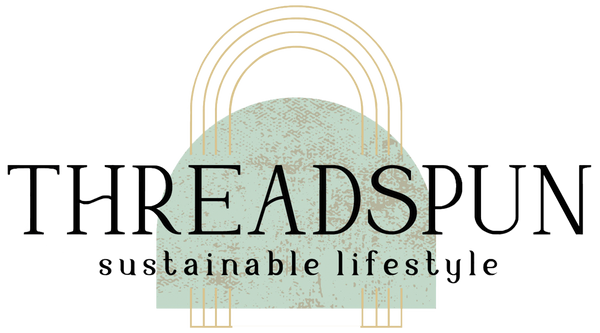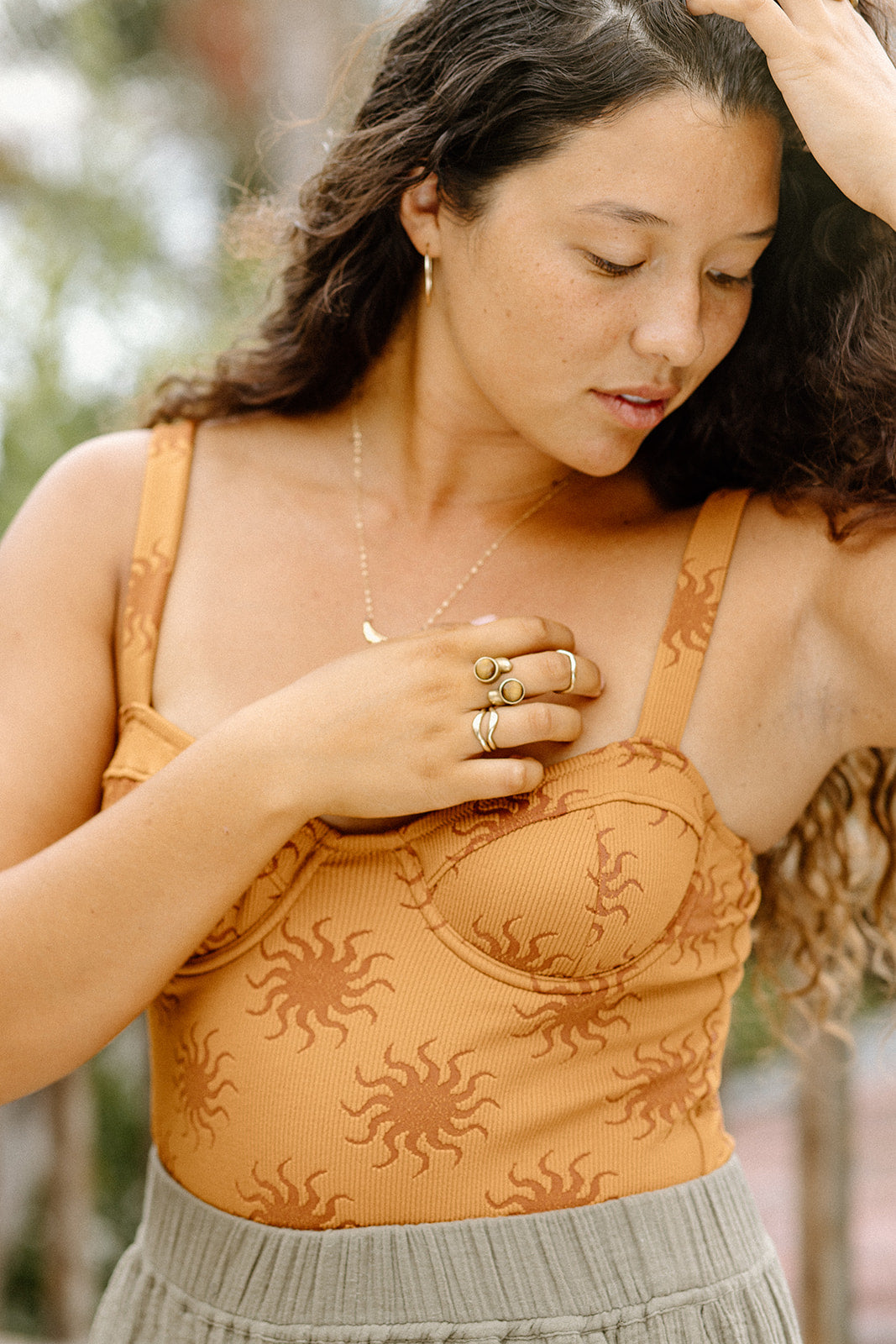After Hours 12.25.23
Discussion 19: Environmental Justice, Slowing Down & Letting Go of Perfection with Maya Harrison
Meet Maya Harrison - passionate human being and local Leucadia resident. Environmental justice, sustainable farming, regenerative agriculture, food access, social justice, rest, beauty, cooking, plant care, and slow fashion, and so much more. Maya is connected to the land, people and community around her, and she is connected to herself in a truly raw and authentic way. We recently posted a reel featuring some of our sustainable goods in her space with the caption, "turning a house into a home", and if you were to be invited inside, you would see just what we mean. Read on for our Q and A with Maya and some photos of her in our sustainable clothing from her gorgeous, cozy abode - a space clearly created with great intention and depth of design. We promise you it will be time well spent.

Hi, Maya! You have a holistic view of sustainability, and we would love if you could tell us about what it looks like to you to live sustainably?
Learning about social justice, racism, and liberation is tied to our relationship with the planet. The more I dive into sustainability and social justice, the more I see its nuance and connection to every aspect of our daily life. Environmental justice means decolonizing our minds and our conditioning. It's to start questioning our consumption, grind culture, scarcity, white supremacy, and everything in between. The most significant focus for me right now is learning how to rest and how resting is a form of dismantling these extractive systems exploiting the planet and its people.

When did you start learning about environmental justice? What sparked your interest?
In the summer of 2020, shortly after George Floyd was murdered, the movement around dismantling white supremacy, violence, and unraveling the oppression within these extractive systems towards black and brown bodies was at the forefront of America's mind. At the time, I was living/working on an organic farm and studying environmentalism and combating climate change; for me, there was no separation between social justice and environmentalism. The people most vulnerable to climate change, pollution, and resource depletion are communities of color. The focus that I fell into was all around food and food access. That access to locally grown food is a right, not a privilege.

Can you tell us about Sea + Soil, the nonprofit you and your friends started back in 2021?
Sea + Soil is a 501c3 on a mission to regenerate ecosystems and community through garden meetups, educational workshops, and creating a safe space for people to connect with the land + sea. As surfers, we see the link between sustainable farming and clean waterways for our oceans. We also believe that solving the climate crisis can be joyful, restful, and healing. In 2021 we also ran a local CSA where each produce box we sold, we donated a garden box to a family in need in San Diego County. It was lovely to witness the commitment and interest of our volunteers and community that our little tiny farm cultivated.

Handmade ceramics by Niko and Virginia Sin
Is there a way the community can be more involved with your nonprofit? Or local agriculture in general?
Sea + Soil is undergoing a restructuring and resting period, but many farms and nonprofits need volunteers and help! Coastal Roots is an incredible farm with weekly volunteer days, internships, and a local farm stand to support regenerative agriculture. The Ecology Center is another fantastic educational farm with weekly volunteer days.


Shop Virginia Sin handmade ceramics in store
Do you have any books or resources for those wanting to learn more about sustainable agriculture and environmental justice?
I have a few!
- As Long as Grass Grows: The Indigenous Fight for Environmental Justice, from Colonization to Standing Rock by Dina Gilio-Whitaker.
- All About Love: New Visions by Bell Hooks.
- Thinking Like a Mall: Environmental Philosophy After the End of Nature, Steven Vogel.
- An Abolitionist's Handbook: 12 Steps to Changing Yourself and the World by Patrisse Cullors.
- The One-Straw Revolution: An Introduction to Natural Farming by Masanobu Fukuoka.
- Rest is Resistance: A Manifesto by Tricia Hersey.

What are some ways you deepen and strengthen your connection with mother earth?
Slowing down is everything. Nature is a false construct that it is somewhere we have to go to, some distant, untouched place. The truth is, this is all nature; your backyard is nature, your local farm, your neighborhood plant walk, your body, it is all land we can connect with if we slow down and listen. I think to daydream is to connect with nature, to gaze at the clouds, feel the sun on your face, touch the grass beneath you, and just allow yourself to be in that state of dreaming.
You are a busy woman of many talents. What are some of your favorite rituals to ground and calm after a busy week & why?
Cooking really grounds me, taking care of my plants, light stretching, a nice walk around the neighborhood, tea with friends, Korean day spa (life hack and super affordable), listening to an album in full, and doing absolutely nothing with no agenda or goal other than to rest.


What are some things you are embodying moving into this new year?
I am trying to embody that perfection does not exist. I am acknowledging that I am doing enough, making enough, producing enough, having enough, healthy enough and already where I want to be. I am working on dismantling my insecurity that I am not doing enough and that I am running out of time. You are enough, and you are doing enough. This conditioning for constant self-optimization and productivity is just capitalism disguised, and when I sit in knowing that I am already satisfied with what I have, I can rest.

Top 5 songs you are loving right now?



1 comment
Love this! Yes to rest and yes to “enough” :)